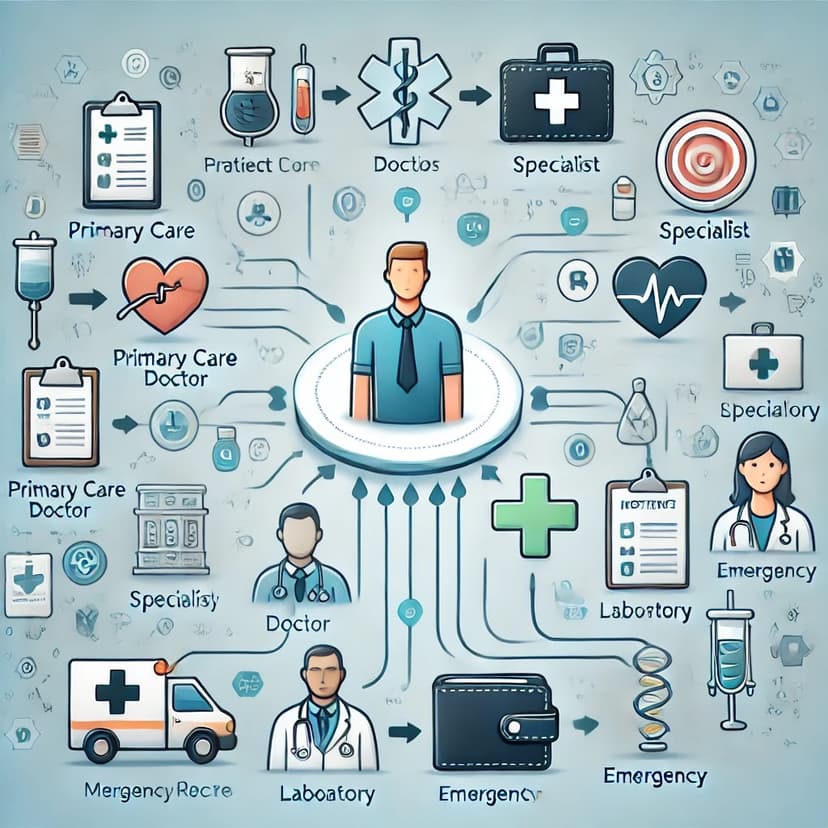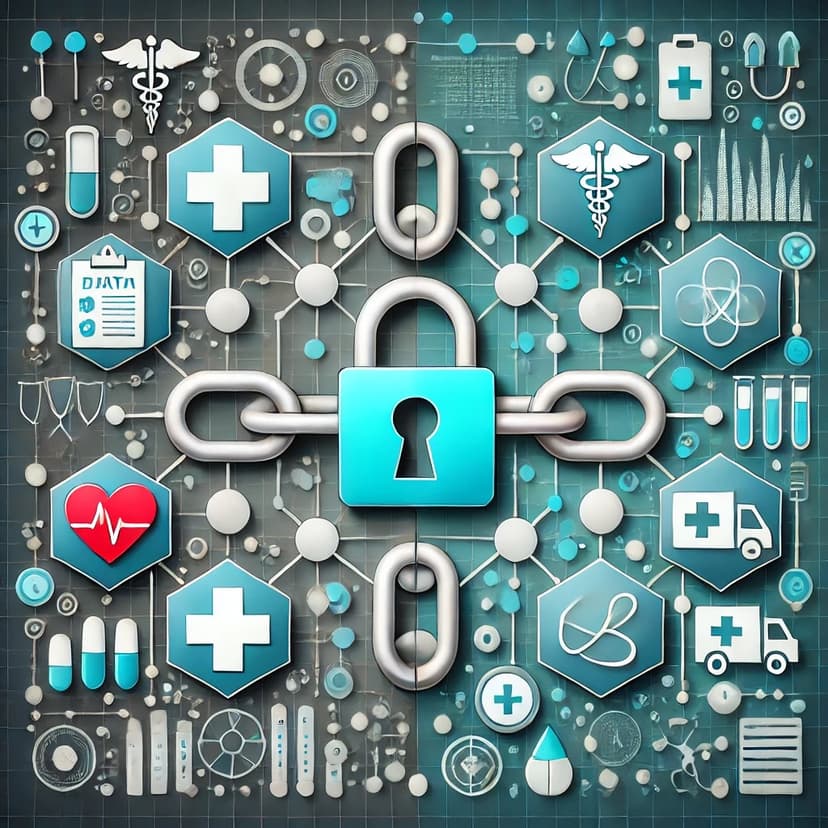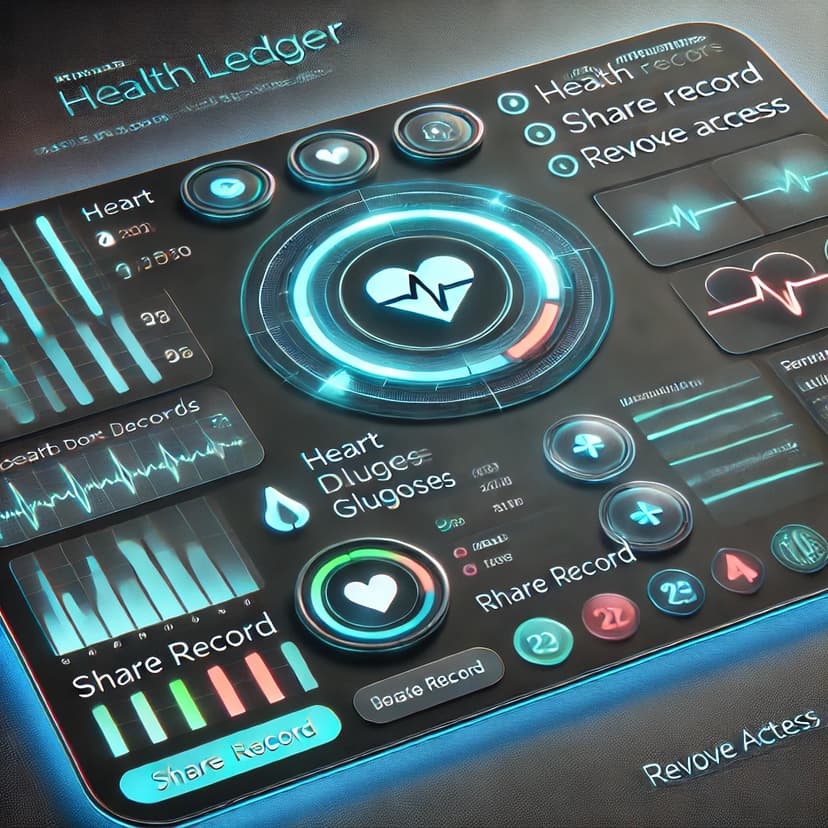Blockchain-Based Health Data Management
Secure, share, and manage medical records with cutting-edge blockchain technology
Futuristic Features
🔐
Data Ownership
Secure permissioned sharing
- Patients are the sole owners of their health data, and only they can decide who has access to it.
- Patients can selectively share their medical records with healthcare providers, insurers, or researchers using smart contracts.
- This feature would be implemented using decentralized identity (DID) protocols, ensuring that identity verification and authentication are privacy-preserving.
🌐
Interoperability
Decentralized storage solutions
- The platform should support interoperability across multiple healthcare systems, allowing doctors and hospitals to access patient data regardless of where the records were initially created.
- Implementing data exchange standards like HL7 FHIR (Fast Healthcare Interoperability Resources) would enable seamless communication between different healthcare systems.
⛓️
Cross-Chain
Seamless multi-chain integration
- The platform supports cross-chain functionality, allowing data to be shared and accessed across different blockchain networks.
- This ensures that patients' health data can be integrated and utilized in various blockchain ecosystems, enhancing interoperability and data availability.
🚨
Emergency Access
Rapid, controlled data retrieval
- The system could include an emergency access feature, where patients can authorize access to their records for emergency services during critical situations. This access could be time-limited and revoked after the emergency has passed.
- Emergency access can be facilitated through secure, encrypted channels to ensure data integrity and privacy during transmission.
HealthLedger in Action: A Patient's Journey
Meet Sarah, a frequent traveler who has long been frustrated with managing her medical records across different healthcare systems. Sarah is diabetic and relies on regular check-ups, medication adjustments, and continuous monitoring of her glucose levels.

Before HealthLedger:
- Each time Sarah traveled to a new location, she had to request her medical records from her previous doctors, often waiting days or even weeks to receive them.
- In emergency situations, healthcare providers lacked access to her full medical history, leading to delays and incorrect treatments.


With HealthLedger:
- Sarah's entire medical history is securely stored on HealthLedger. She can access it anytime, anywhere, and share it instantly with any healthcare provider.
- When visiting a new doctor, she simply grants them permission to view her latest test results and medication history through a smart contract, ensuring they have up-to-date information.
- Sarah can revoke access once her consultation is over, ensuring her data remains private.
- In an emergency, paramedics can quickly access her critical health information via HealthLedger's emergency feature, allowing them to provide informed care immediately.